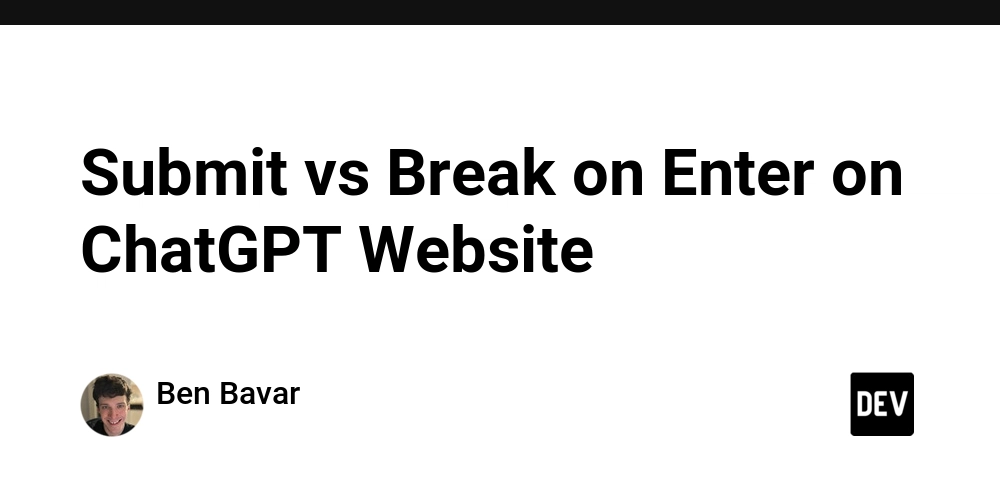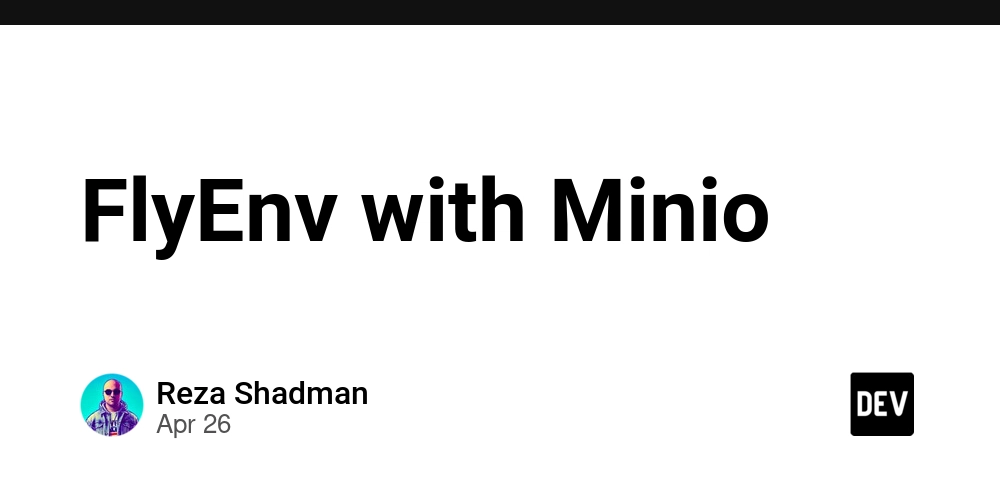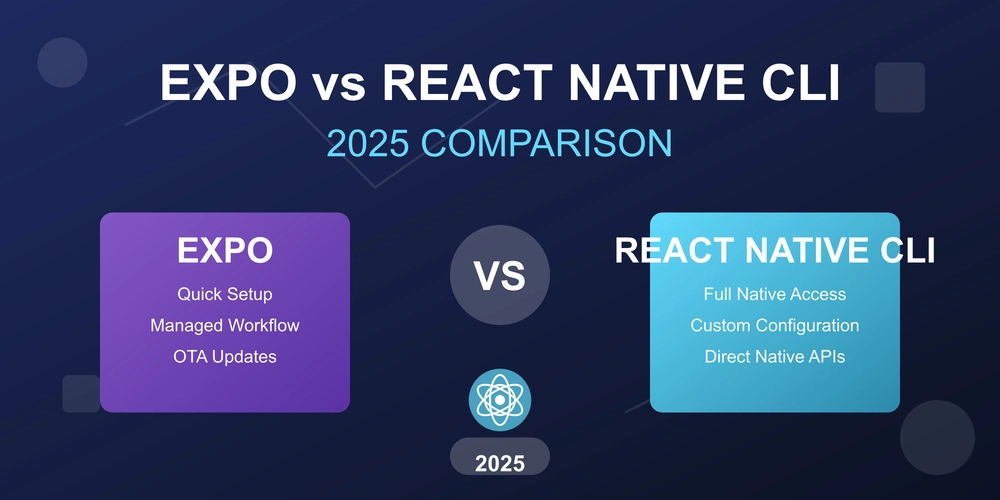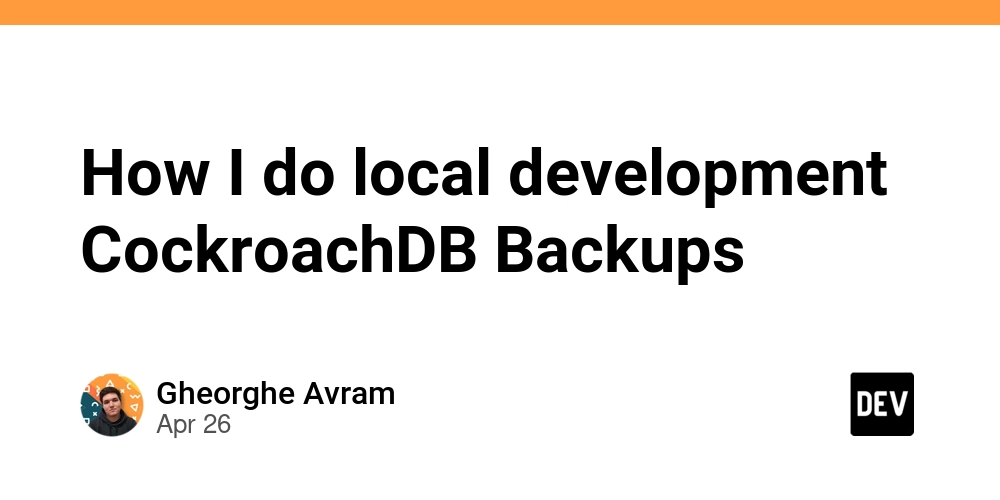
From Zero to Senior: How Consistent Practice Makes You a Better Developer
Want to become a truly skilled developer? Forget overnight success stories. The real key, as revealed by the creator of "Humans of New York," is consistent practice. Let's explore how embracing an iterative approach to coding can dramatically improve your skills and lead to a fulfilling developer career.
The "Humans of New York" Secret: It's Not Just Inspiration
The famed photo blog "Humans of New York" (HONY) wasn't born from a single moment of inspiration. The photographer spent nearly five years experimenting with different ideas before the final concept emerged. This evolution highlights a crucial truth: great ideas need continuous refinement and the willingness to put yourself out there, take and use feedback loops.
Why Experimentation and Practice are Essential to Level Up as a Developer
How does the HONY principle apply to becoming a successful developer? Just like creating compelling street photography, mastering software development needs a similar commitment to experimentation.
- Initial Ideas are Starting Points: A roadmap is beneficial when you want to get to senior level, but it rarely survives first contact with real-world challenges.
- Theory Needs Practice: Reading articles and completing tutorials is not enough. You need to apply your knowledge by writing code, building projects, and tackling real-world challenges.
- Feedback is Your Friend: Actively seek feedback on your code and approach. Use external perspectives to identify areas for improvement and fine-tune your skillset.
The Power of Iteration: How to Sculpt Your Developer Skills
Becoming a skilled developer is an iterative process. That means continuous improvement through consistent action. It's about getting your hands dirty and adapting along the way; if you find more ways to practice different types of code like front-end development/back-end development.
Here's how to utilize it:
- Embrace Daily Coding: Code something every day, even if it's just for 30 minutes. This builds muscle memory and reinforces concepts.
- Build Personal Projects: Design and develop your own projects. This allows you to tackle challenges you are actually interested in and learn by doing.
- Contribute to Open Source: Contributing to open-source projects exposes you to different coding styles and real-world development workflows.
The Real Path to Developer Success: Practice, Practice, Practice
Becoming a senior developer isn't about following a rigid plan. It's about constant practice, embracing feedback, and continuously refining your skills through real-world application. So get coding today and start sculpting your ideal developer career!























